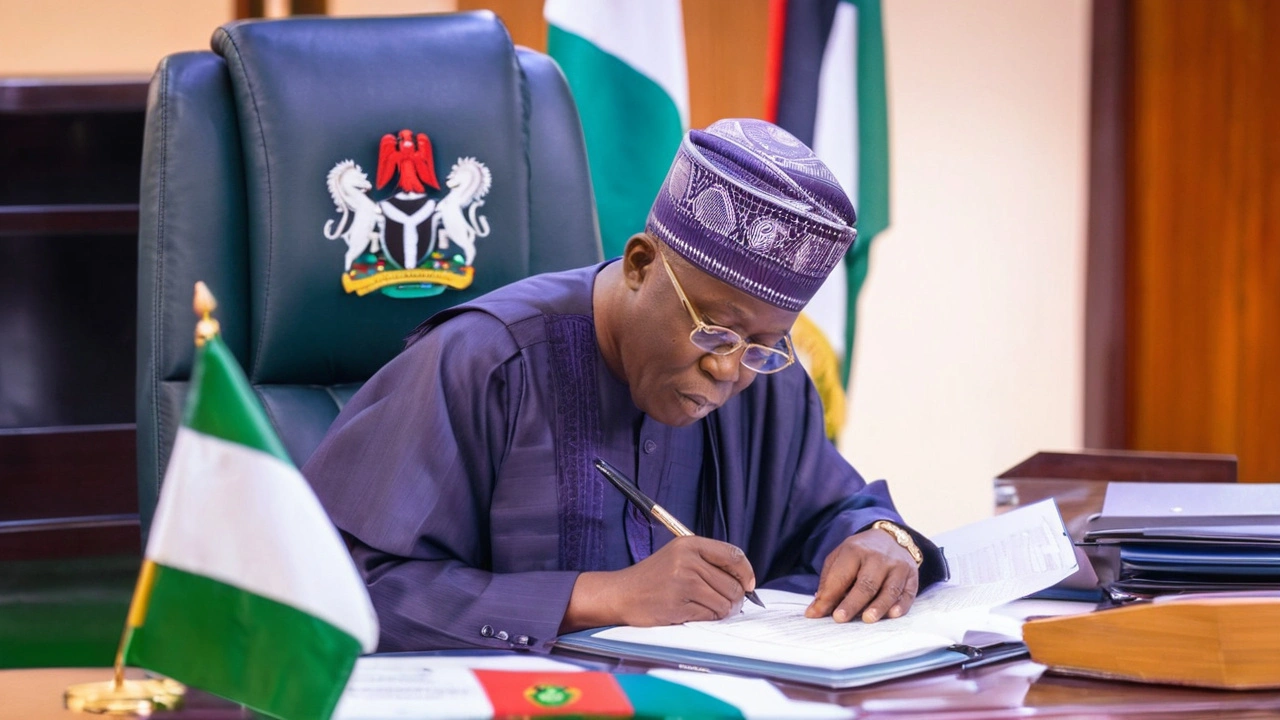When you hear 'Nigeria education,' what comes to mind? It’s more than textbooks and classrooms — it’s about politics, social issues, and how leadership impacts learning opportunities. In recent years, education in Nigeria has faced a mix of struggles and active efforts to improve conditions, especially in terms of equality and governance.
One notable case caught attention when Womanifesto, a women’s advocacy group, pushed for President Bola Tinubu to intervene after Senator Natasha Akpoti-Uduaghan’s suspension from the Nigerian Senate. Why does this matter for education? Because such political moves can influence representation and voices in policymaking about schools and access to education. Womanifesto highlighted that limiting women's roles in politics can indirectly affect educational progress, especially in promoting gender equality.
Then there's Senator Gloria Orwoba's suspension over misconduct allegations, which has sparked debate about fairness and leadership accountability. These political dramas aren't just gossip; they can affect public confidence in government’s ability to support and reform education systems effectively.
Despite hurdles, there are clear pushes to make education better. Groups like Womanifesto show that civil society leaders are watching closely and demanding fairness both in politics and education. They argue for interventions that could bring fair policies ensuring all children, especially girls, get good quality schooling.
At the same time, Nigeria’s education faces common problems: funding gaps, infrastructure struggles, and quality inconsistencies across regions. Political stability plays a crucial role here. Without stable governance and fair representation, efforts to upgrade schools or train teachers can stall.
If you’re wondering what’s next, watch for how Nigeria’s leaders handle these internal political issues and how activists continue advocating for education reform. After all, education shapes the whole country’s future — and it needs voices that push for progress, fairness, and opportunity.
In short, understanding Nigeria’s education scene means seeing beyond classrooms to the bigger picture of politics and social change. Stay tuned as this story unfolds, because the developments impact much more than just students — they affect the nation’s path ahead.
